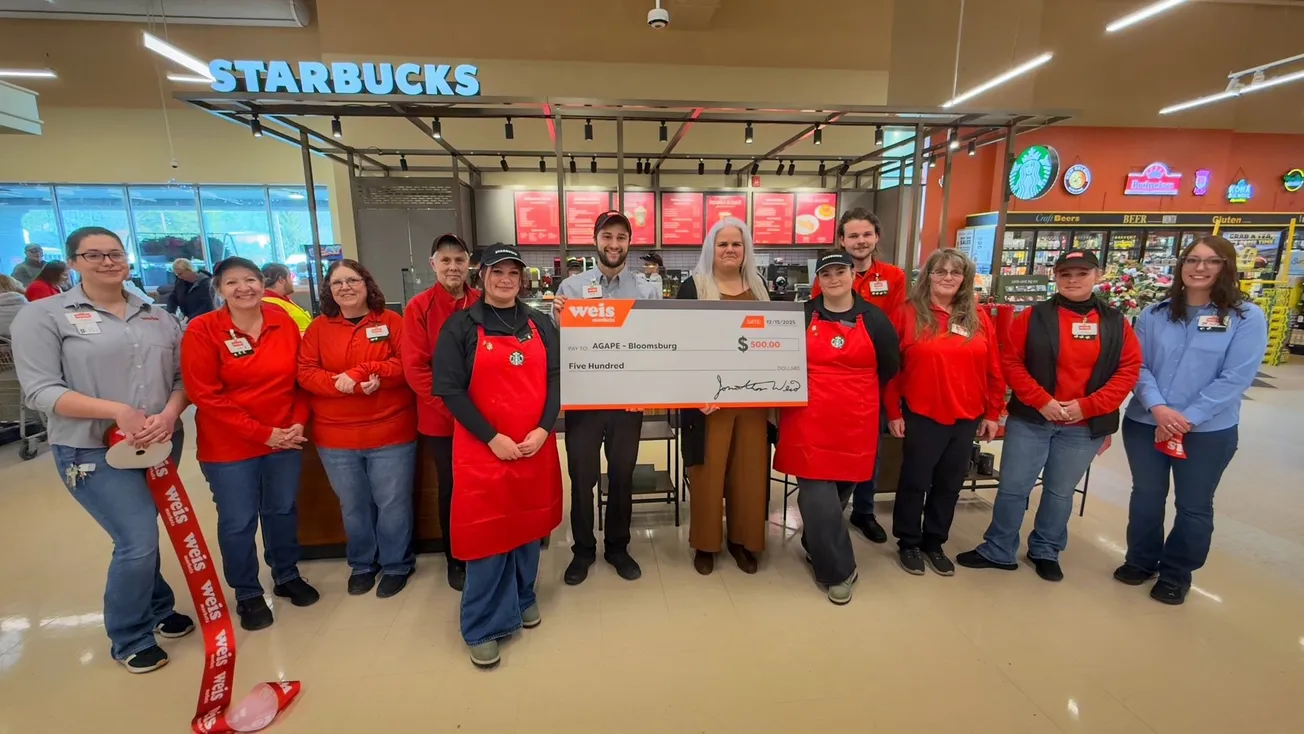The Food Marketing Institute and some of its most prominent members joined a number of other business and consumer groups last month to lobby for passage of legislation that would give the Food and Drug Administration broader power to protect the integrity of the nation’s food supply.
The Food Marketing Institute and some of its most prominent members joined a number of other business and consumer groups last month to lobby for passage of legislation that would give the Food and Drug Administration broader power to protect the integrity of the nation’s food supply.
A version of the bill was approved by the House more than a year ago, but the proposal has languished in the Senate due to the opposition of Tom Coburn (R., Okla.) and the complex rules that govern the body.
Although it appeared at presstime that the Senate would adjourn before taking up the measure, enabling members to hit the campaign trail for the midterm elections, most observers think the bill will ultimately become law. There are good reasons why that should happen.
"All of us — the food industry, business groups, consumer groups — believe this bipartisan legislation should be passed by the Senate without further delay," says Jennifer Hatcher, senior vice president of government affairs at FMI. "This is a balanced bill focused on prevention. America’s consumers are counting on a public-private partnership to protect the safety of our food supply.
"The most important goal of America’s food retailers and wholesalers is to provide nutritious, safe, high-quality and affordable food. We all have a responsibility to work together to improve the safety of our food supply. We believe the focus should be on trying to prevent problems before they occur by providing the FDA with the necessary resources and authority."
As widespread outbreaks of E. coli and salmonella poisoning linked to produce and eggs in recent years demonstrate, the legislation is good public health policy. For any store that sells food and beverages, it also makes sense from a business perspective. No retailer wants to put customers at risk. When an incident occurs, even if the merchant had no part in causing the problem, the fallout can go well beyond the people directly affected and erode customer loyalty that may have taken years to build up. In addition, large-scale recalls disrupt, if only for a short time, access to products that consumers want and are costly and time-consuming to implement.
Every mass market retailer today has a stake in the food business. It’s in their interest and that of their customers to help convince the Senate to act.





